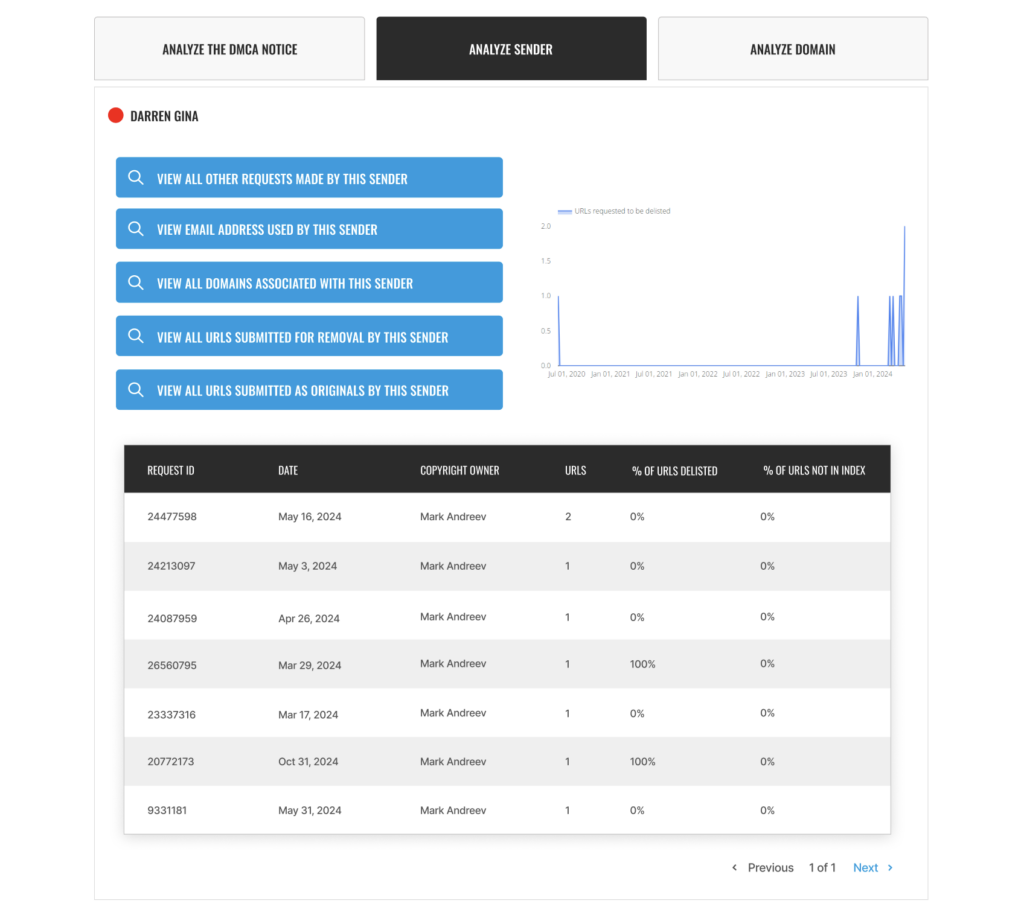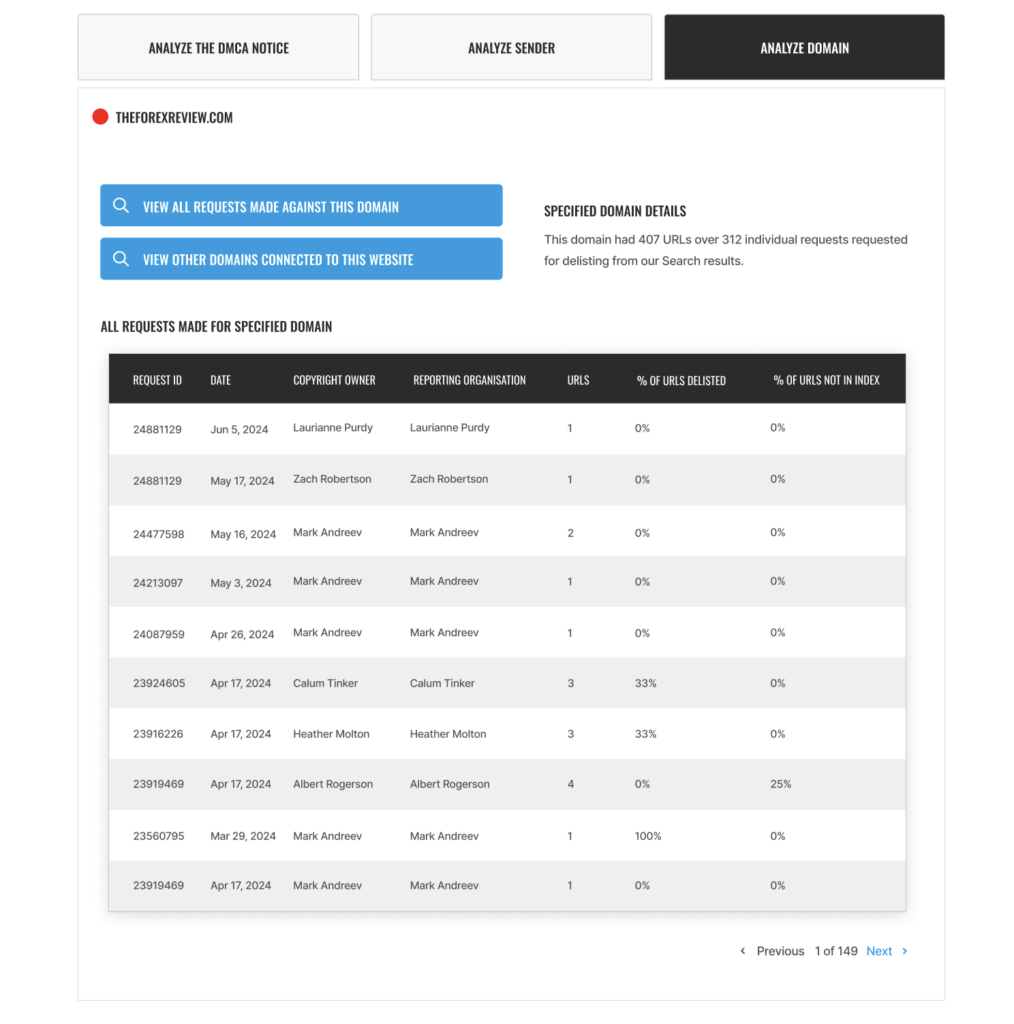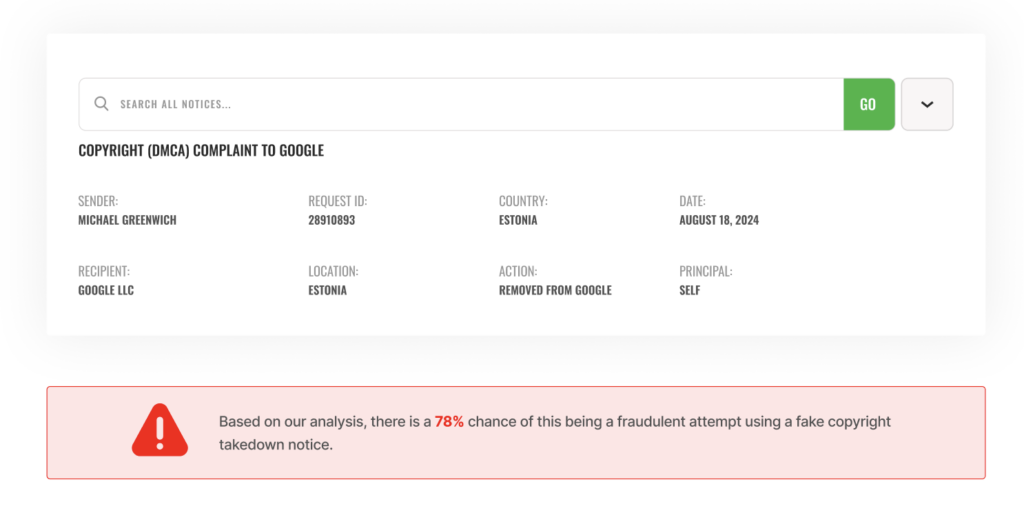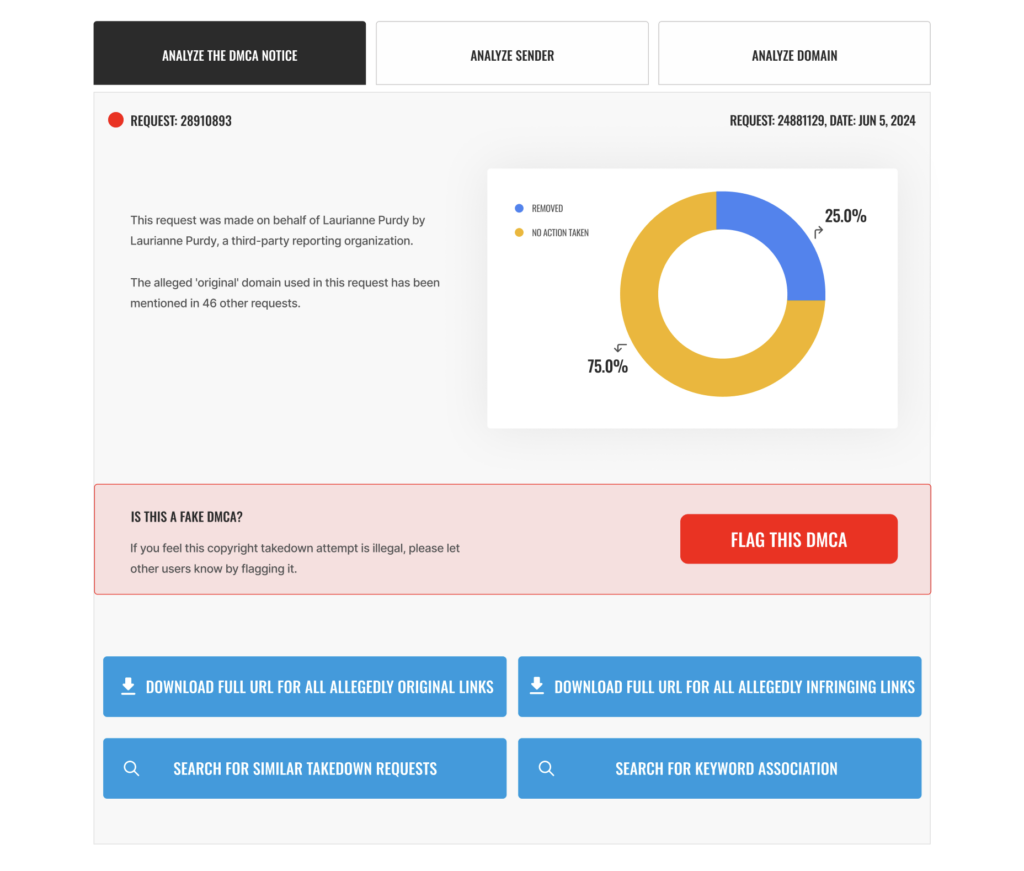What Happened?
Binomo, a well-known online trading platform that offers binary options trading, has been facing growing criticism for allegedly trying to cover up its questionable past and censor negative news. Despite marketing itself as a user-friendly platform for both beginners and experienced traders, Binomo has attracted a series of complaints over the years, including accusations of unfair trading practices, withdrawal issues, and questionable regulatory status.
Traders have voiced concerns about the platform’s opaque operations, with some alleging that their accounts were manipulated, resulting in unexpected losses. Additionally, there have been numerous reports of withdrawal delays and difficulties in accessing funds, raising doubts about the platform’s financial integrity.
What further fuels the controversy is Binomo’s alleged attempts to suppress unfavorable reviews and complaints. Several users and industry insiders claim that negative feedback about the platform has been systematically removed or hidden, particularly on social media and review websites. This effort to control the narrative has cast doubt on Binomo’s transparency and credibility, urging potential traders to proceed with caution.

For those considering trading with Binomo, it’s important to thoroughly research user experiences and be aware of the platform’s history of controversies. A comparison with other platforms, such as Binance, reveals significant differences in transparency and reputation, further highlighting the need for caution.

Analyzing the Fake Copyright Notice(s)
Our team collects and analyses fraudulent copyright takedown requests, legal complaints, and other efforts to remove critical information from the internet. Through our investigative reporting, we examine the prevalence and operation of an organized censorship industry, predominantly funded by criminal entities, oligarchs, and disreputable businesses or individuals. Our findings allow internet users to gain insight into these censorship schemes’ sources, methods, and underlying objectives.
List of Fake Copyright Notices for Binomo
| Number of Fake DMCA Notice(s) | 1 |
| Lumen Database Notice(s) | https://lumendatabase.org/notices/44120189 |
| Sender(s) | LuminaSphere Systems ltd |
| Date(s) | Aug 26, 2024 |
| Fake Link(s) Used by Scammers | https://sourceforge.net/software/compare/Binance-vs-Binomo/ |
| Original Link(s) Targeted | https://www.daytrading.com/binomo-vs-binance |
Evidence and Screenshots

How do we investigate fake DMCA notices?
To accomplish this, we utilize the OSINT Tool provided by FakeDMCA.com and the Lumen API for Researchers, courtesy of the Lumen Database.
FakeDMCA.com is the work of an independent team of research students and cybersecurity professionals, developed under Project UnCensor. Their OSINT Tool, designed to uncover and analyze takedown notices, represents a significant step forward in combating these abusive practices. It has become a valuable resource, increasingly relied upon by journalists and law enforcement agencies across the United States.
Lumen, on the other hand, is an independent research initiative dedicated to studying takedown notices and other legal demands related to online content removal. The project, which operates under the Berkman Klein Center for Internet & Society at Harvard University, plays a crucial role in tracking and understanding the broader implications of such requests.
What was Binomo trying to hide?
Binomo is an online trading platform that primarily focuses on binary options trading, catering to a broad audience that ranges from beginner to advanced traders. Launched in 2014, the platform allows users to speculate on the price movements of various financial assets, such as currencies, commodities, and stocks, with relatively low minimum deposit requirements. Binomo markets itself as a user-friendly and accessible platform, offering educational resources and tools for traders.
Despite its growing popularity, Binomo operates under an offshore license from the Financial Commission, a self-regulatory organization that offers less stringent oversight compared to major regulatory bodies like the SEC or FCA. This lack of a well-recognized regulatory framework has raised concerns about the platform’s transparency and security, prompting numerous complaints and negative feedback from users.
While Binomo has attracted a significant user base, the platform has also been the subject of numerous controversies and complaints. Here’s a detailed breakdown of the adverse news, bad reviews, complaints, and allegations Binomo is reportedly trying to conceal from public view:
1. Unfair Trading Practices and Account Manipulation Allegations
One of the most troubling complaints against Binomo involves allegations of unfair trading practices. Multiple users have reported incidents where their trades appeared to be manipulated, with sudden price changes occurring just before the expiration of binary options contracts, often leading to unexpected losses. These traders claim that the price charts provided by Binomo differ from official market data, suggesting potential manipulation by the platform to skew results in its favor.
Such allegations have raised doubts about the fairness of Binomo’s trading environment. Traders suspect that the platform may be deliberately engineering price movements to ensure users lose trades, ultimately benefiting Binomo.
2. Withdrawal Delays and Fund Access Issues
Another major concern for users of Binomo is the difficulty in withdrawing funds. Several traders have complained about delays in processing withdrawal requests, with some claiming that their withdrawals were rejected without valid explanations. This issue has sparked fears that Binomo may be facing liquidity problems or that it is intentionally making it hard for users to access their money after successful trades.
For any trading platform, the ability to withdraw funds quickly and without complications is a key indicator of trustworthiness. Binomo’s reported withdrawal issues have led to numerous bad reviews, with many traders expressing frustration and a lack of confidence in the platform.
3. Offshore Regulation and Lack of Transparency
Binomo’s regulatory status is another point of contention. The platform is licensed by the Financial Commission, which is a self-regulatory body that provides far less oversight than major financial regulators. This has led critics to question Binomo’s commitment to transparency and the security of user funds.
Traders often prefer to use platforms that are regulated by recognized authorities, such as the FCA or CySEC, because these entities require strict compliance with industry standards. Binomo’s offshore regulation does not provide the same level of accountability or protection, leaving users vulnerable in case of disputes or platform misconduct.
4. Censorship of Negative Reviews and Feedback
Binomo has reportedly engaged in efforts to censor or hide negative feedback from users. Many traders claim that their negative reviews, which detail their bad experiences with the platform, have been removed or blocked on certain review websites and forums. This attempt to control the narrative and suppress damaging information has led to further suspicions about Binomo’s practices.
By allegedly scrubbing negative reviews and complaints from public platforms, Binomo creates the illusion of a more reputable and problem-free service than the reality experienced by many of its users. This tactic of hiding critical feedback prevents potential traders from seeing the full picture of the risks involved in using the platform.
5. Comparisons to More Reputable Platforms Like Binance
In comparison to more established and transparent platforms such as Binance, Binomo falls short in several key areas, including regulatory oversight, withdrawal processes, and user trust. Binance, being a widely recognized cryptocurrency exchange with strict regulatory compliance in certain jurisdictions, provides a higher level of transparency, liquidity, and user protection than Binomo.
Users who have traded on both platforms often highlight the vast difference in reliability, with Binance offering a more secure and legitimate trading environment, while Binomo struggles with persistent complaints about manipulation, withdrawal problems, and poor customer service.
6. Accusations of Being a Scam
Given the growing number of complaints, some users have gone as far as to label Binomo as a scam. These accusations are mainly based on the platform’s alleged manipulation of trades, its offshore regulatory status, and the difficulties traders face in withdrawing funds. While labeling a platform as a scam can sometimes be an exaggeration, the consistency and volume of these complaints warrant serious concern.
The fact that Binomo is reportedly trying to hide or suppress these accusations only adds to the skepticism surrounding the platform. A legitimate company would address these issues head-on rather than censor them, making Binomo’s tactics even more alarming for potential users.
Binomo’s attempts to hide bad reviews, complaints, and damaging news suggest that the platform may not be as reliable or transparent as it claims. Allegations of unfair trading practices, withdrawal delays, offshore regulation, and censorship efforts raise significant red flags for traders. These concerns have led to a loss of trust among many users, with some even accusing the platform of being a scam.
For prospective traders, it is essential to conduct thorough research before using Binomo, especially considering the negative feedback that the platform appears to be trying to suppress. With better-regulated and more transparent platforms like Binance available, traders should exercise caution before committing their funds to Binomo.
Only Binomo benefits from this crime.

Since the fake copyright takedown notices were designed to remove negative content for Binomo from Google, we assume Binomo or someone associated with Binomo is behind this scam. It is often a fly-by-night Online Reputation agency working on behalf of Binomo. In this case, Binomo, at best, will be an “accomplice” or an “accessory” to the crime. The specific laws may vary depending on the jurisdiction. Still, the legal principle generally holds that if you actively participate in planning, encouraging, or facilitating a crime, you can be charged with it, even if you did not personally commit it.
How do we counteract this malpractice?
Once we ascertain the involvement of Binomo (or actors working on behalf of Binomo), we will inform Binomo of our findings via Electronic Mail.
Our preliminary assessment suggests that Binomo may have engaged a third-party reputation management agency or expert, which, either independently or under direct authorization from Binomo, initiated efforts to remove adverse online content, including potentially fraudulent DMCA takedown requests. We will extend an opportunity to Binomo to provide details regarding their communications with the agency or expert, as well as the identification of the individual(s) responsible for executing these false DMCA notices.
Failure to respond in a timely manner will necessitate a reassessment of our initial assumptions. In such an event, we will be compelled to take appropriate legal action to rectify the unlawful conduct and take the following steps –
- Inform Google about the fraud committed against them.
- Inform the victims of the fake DMCA about their websites.
- Inform relevant law enforcement agencies
- File counter-notices on Google to reinstate the ‘removed’ content
- Publish copies of the ‘removed’ content on our network of 50+ websites
By investigating the fake DMCA takedown attempts, we hope to shed light on the reputation management industry, revealing how Binomo and companies like it may use spurious copyright claims and fake legal notices to remove and obscure articles linking them to allegations of fraud, tax avoidance, corruption, and drug trafficking…
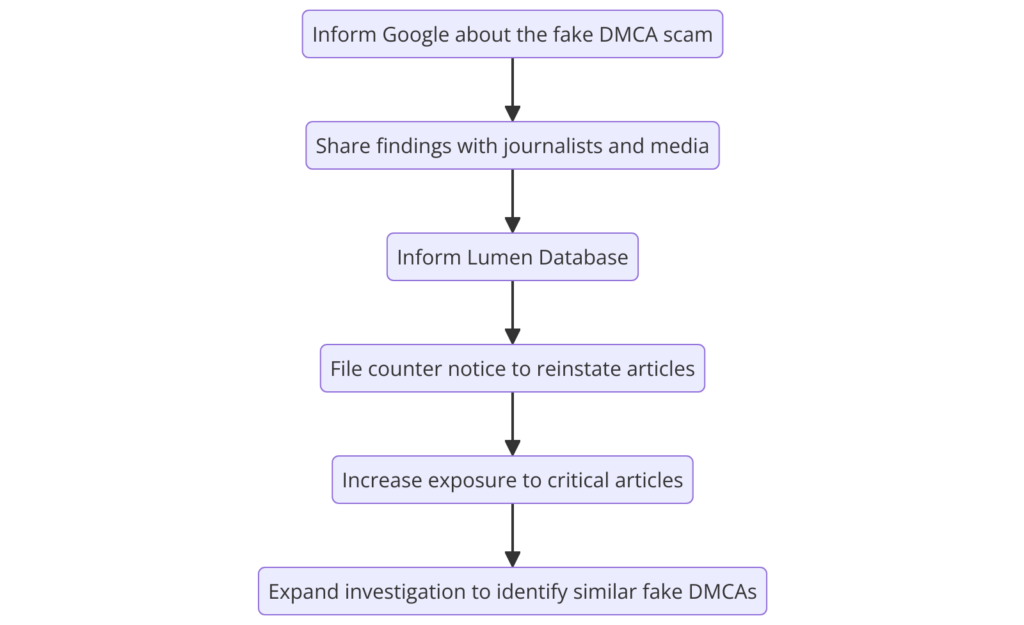
Since Binomo made such efforts to hide something online, it seems fit to ensure that this article and our original review of Binomo, including but not limited to user contributions, remain a permanent record for anyone interested in Binomo.
A case perfect for the Streisand effect…
Potential Consequences for Binomo
Under Florida Statute 831.01, the crime of Forgery is committed when a person falsifies, alters, counterfeits, or forges a document that carries “legal efficacy” with the intent to injure or defraud another person or entity.
Forging a document is considered a white-collar crime. It involves altering, changing, or modifying a document to deceive another person. It can also include passing along copies of documents that are known to be false. In many states in the US, falsifying a document is a crime punishable as a felony.

Additionally, under most laws, “fraud on the court” is where “a party has sentiently set in motion some unconscionable scheme calculated to interfere with the judicial system’s ability impartially to adjudicate a matter by improperly influencing the trier of fact or unfairly hampering the presentation of the opposing party’s claim or defense.” Cox v. Burke, 706 So. 2d 43, 46 (Fla. 5th DCA 1998) (quoting Aoude v. Mobil Oil Corp., 892 F.2d 1115, 1118 (1st Cir. 1989)).
Is Binomo Committing a Cyber Crime?
Yes, it seems so. Binomo used multiple approaches to remove unwanted material from review sites and Google’s search results. Thanks to protections allowing freedom of speech in the United States, there are very few legal ways to do this. Binomo could not eliminate negative reviews or search results that linked to them without a valid claim of defamation, copyright infringement, or some other clear breach of the law.
Faced with these limitations, some companies like Binomo have gone to extreme lengths to fraudulently claim copyright ownership over a negative review in the hopes of taking it down.
Fake DMCA notices have targeted articles highlighting the criminal activity of prominent people to hide their illegal behavior. These people, which include US, Russian, and Khazakstani politicians as well as members from elite circles including the mafia and those with massive financial power, are all connected – and alleged corruption ranging from child abuse to sexual harassment is exposed when exploring evidence found at these URLs. It appears there’s a disturbing level of influence being exerted here that needs further investigation before justice can be served. Binomo is certainly keeping interesting company here….





